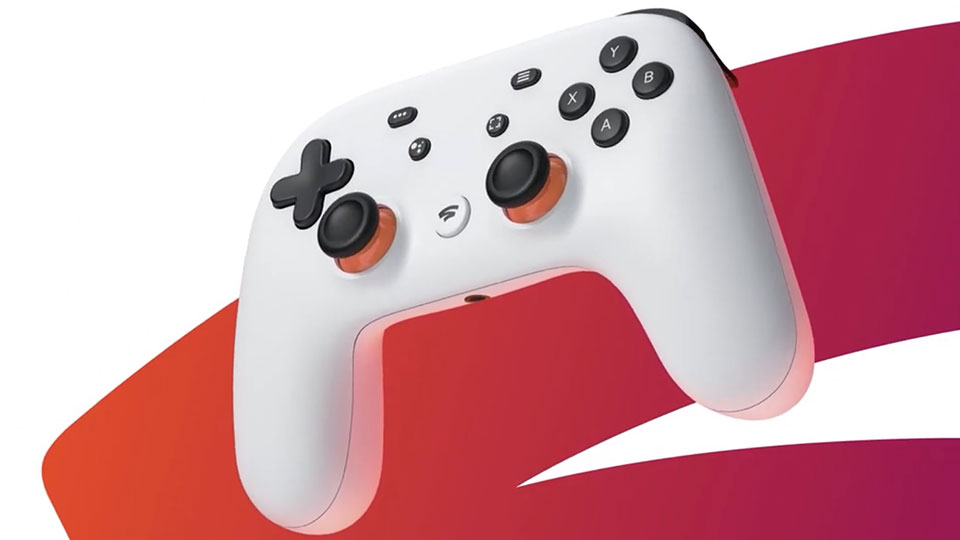Google has stated that it will discontinue its Stadia cloud gaming platform and issue refunds to users.
When Stadia debuted in November 2019, it was hailed as “Netflix for games,” enabling users to stream games without owning a console.
But due to a lack of “traction” among gamers, the service will now stop on January 18, 2023.
Players who purchased the Stadia controller from Google as well as any games or add-on content will receive refunds.
It stated that it anticipates completing such returns by the middle of January.
Video from Stadia games is streamed to a TV or mobile device from servers at Google data centres located all over the world.
In a blog post, Stadia’s vice president and general manager, Phil Harrison, wrote: “A few years back, we also established Stadia, a consumer gaming service.
Despite having a strong technology foundation, Stadia’s concept for offering game streaming to consumers hasn’t been warmly embraced by users. As a result, we were forced to start winding down our Stadia streaming service, which was a painful decision.
Google is pretty brutal about removing products that don’t work out; visit the website Killed by Google to get lost in a huge list of regrettably discontinued Google products.
With much anticipation, Stadia debuted in 2019 and was unmistakably Google’s attempt to seize control of the lucrative gaming sector.
Beyond only streaming video games, Stadia even offered custom hardware.
But even if you are big in your own way, competing against the gaming titans is difficult. Since their customers have already invested in consoles and subscriptions, the Xbox and PlayStation models are challenging to imitate. Additionally, the companies that power them, Microsoft and Sony, have lucrative contracts in place with the biggest game publishers in the world.
Perhaps it shouldn’t come as a major surprise that Phil Harrison claimed Stadia hadn’t “gained the traction” that Google had anticipated—marketing jargon for “not enough bums on seats”—when he made that statement.
Google’s choice was made at the same time as Netflix announced a more conventional entry into the gaming industry by opening a game development studio.











More Stories
Microsoft announces further layoffs in its gaming division
McDonald’s to Reevaluate Pricing Following Drop in Sales
Disneyland workers have expressed that they are living in cars and motels due to their low pay